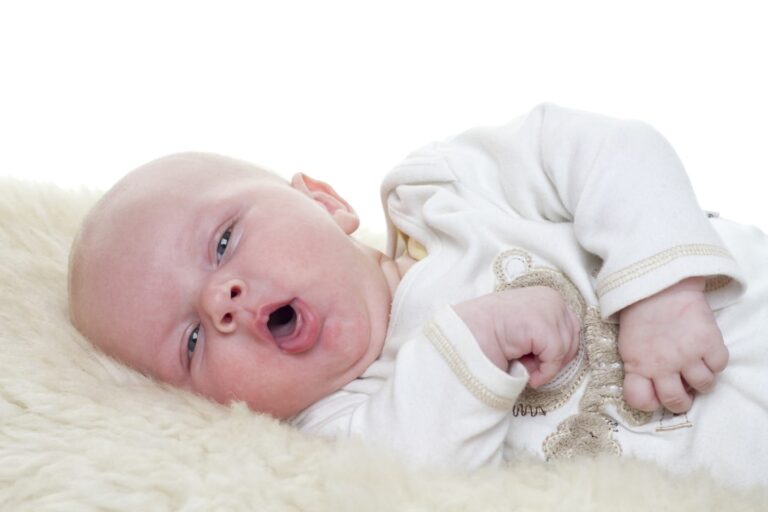Whooping cough or pertussis is an infectious disease affecting babies, toddlers, and children below the age of five. Early identification of whooping cough is essential to act appropriately and as early as possible. Here, you will learn about the first signs of pertussis, the characteristic signs that pertain to the young ones and some coping strategies.
What are the Whooping Cough Symptoms in Babies?
Whooping cough symptoms in babies can initially be mistaken for a common cold. The initial signs of pertussis include a nasal discharge, low-grade temperature, and sneezing sprees. These symptoms may persist for about one to two weeks and then worsen with severe coughing spells. Babies are likely to experience irritability, fatigue, increased crying, and loss of appetite
A hallmark feature of whooping cough signs and symptoms is that the child will likely make a whistling sound or a whoop after a coughing spree. However, this whooping sound may be absent in very young infants, but they experience episodes of breathlessness, which could be equally disturbing. If your baby exhibits any of these symptoms, report them to a pediatrician as soon as possible.
Whooping Cough Symptoms in Toddlers
The whooping cough symptoms in toddlers may be like those noticed in babies. They may have more apparent signs of the disease. They may develop a nasty, continuous cough, which leads to vomiting or breathing difficulties. Babies will still make the whooping sound, which is more commonly manifest in toddlers after coughing spells.
Can Whooping Cough Occurs after Vaccination?
Sometimes, cold symptoms after the whooping cough vaccine may confuse parents. While the vaccine significantly reduces the severity and risk of contracting the infection, no vaccine is 100% effective. If a baby or toddler develops cold-like symptoms after receiving the vaccine, keep an eye on their condition to rule out the possibility of a milder whooping cough infection.
How to Relieve Whooping Cough Symptoms?
Symptoms of whooping cough in babies should be managed with much concern. Due to the banned use of over-the-counter cough medicines in children below the age of six, then the baby must be well-hydrated and relatively calm. Sipping little fluids relieves the dehydrated body, and a humidifier offers comfort to dry throat and irritated noses. In addition, some coughs may be eliminated due to the creation of a natural, relaxing environment to avoid trigger coughs. Therefore, it is essential to consult your pediatrician on handling the symptoms and the proper treatment to administer to your baby based on their needs..
Thus, the identification of the symptoms of whooping cough in babies is very important. Even if your child is a few months old or just slightly above one year old, noticing such signs can be helpful. Do not stop the search for respiratory symptoms even after getting vaccinated. Seek advice on how to manage them from your doctor

